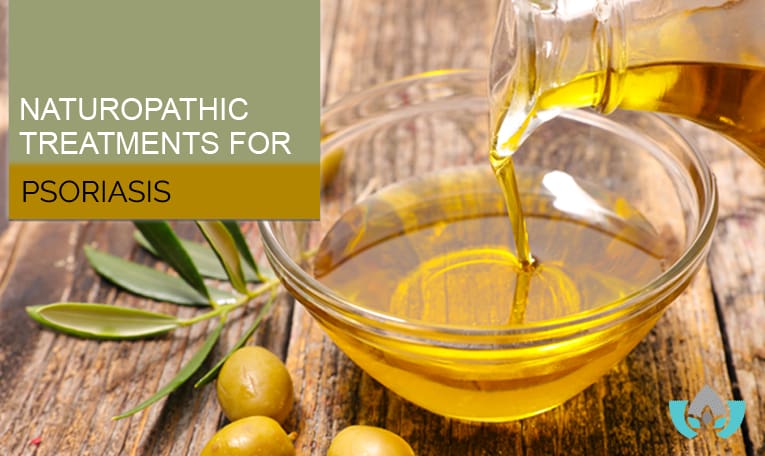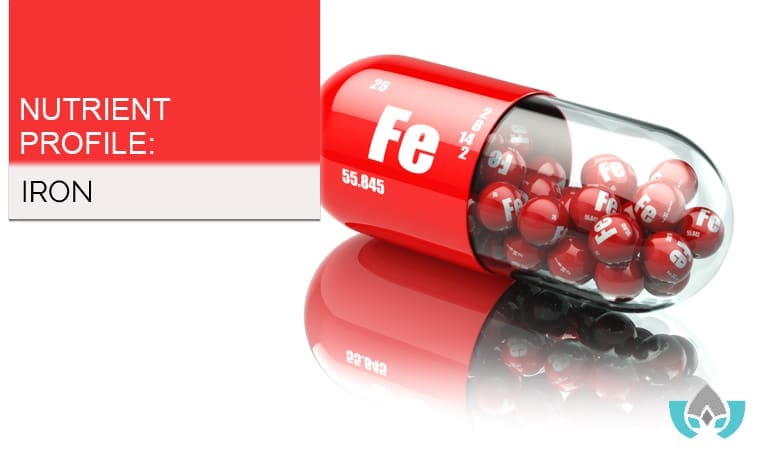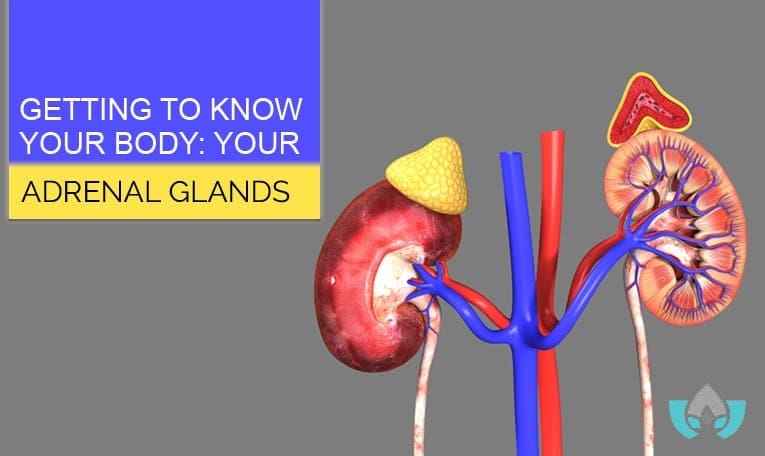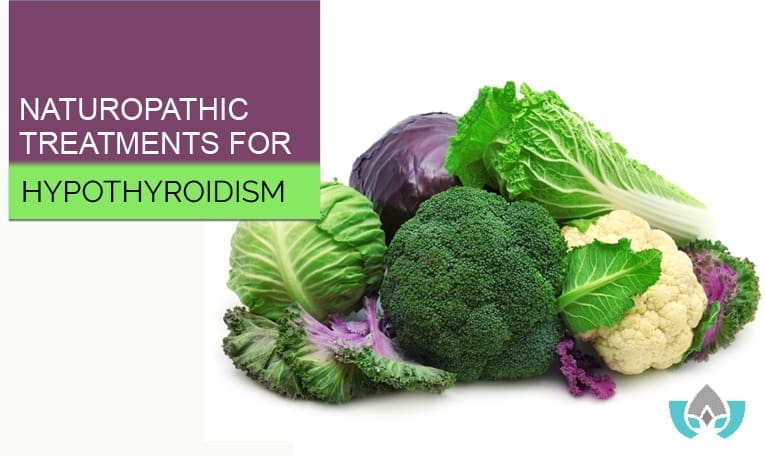

Chocolate is a product made from cacao tree seeds that is loved and eaten all around the world.
It is a rich and delicious product, but is it healthy?
The answer might surprise you, since often chocolate can be sugary and blamed for health conditions like diabetes or obesity.
Current research actually indicates that chocolate, or rather the right kind of chocolate, can actually have many benefits for your health.
There are many minerals and antioxidants to be had from chocolate, which can help reduce your risk of heart disease.
If this is something you’re worried about, consider getting in touch with me, Dr. Maria Cavallazzi, ND.
I’m a naturopathic doctor who will listen to your concerns and create a custom treatment plan designed to address your symptoms and help you reach your health goals.
Now, let’s find out more about the other benefits of chocolate.
Why Is Dark Chocolate A Superfood?
Dark chocolate is considered to be a superfood because of the many health benefits it can offer.
There are five main ones that are worth reading about.
1. It’s Nutritionally Dense
Dark chocolate is nutritionally dense.
This means that it has a lot to offer when you eat it, as long as it is good quality dark chocolate with a high amount of cocoa.
Anything over 70% is considered a high amount of cocoa, but only consider the ones over 85% because of sugar content.
One hundred grams of a quality dark chocolate bar has:
- 11 grams of soluble fibre
- 66% of your iron daily value
- 196% of your copper daily value
- 57% of your magnesium daily value
- 85% of your manganese daily value
You can also get a good dose of potassium, zinc, selenium, and phosphorus.
2. It’s Good For Your Heart
Dark chocolate is great for your heart.
This is because it has flavonoids, which help to stimulate the lining of your arteries to produce nitric oxide.
Nitric oxide helps your arteries relax, which reduces your blood pressure and improves your blood flow.
While these effects are often mild, every bit helps when working to support your heart health.
The flavonoids in dark chocolate may also reduce insulin resistance, which lowers your risk of developing heart disease and type 2 diabetes.
RELATED: Hormone Balancing Naturopathic Doctor
Dark chocolate and the added supplement of the flavonoid lycopene may also help to reduce your cholesterol, especially your LDL cholesterol, which is the one that is often called ‘bad cholesterol’.
You can also thank the abundant antioxidants of dark chocolate that protect your arteries from oxidative damage, which is how LDL cholesterol damages your artery linings.
But, don’t get too carried away with these health benefits.
Moderation is important.
Current research indicates that 45 grams of chocolate per week is the magic number that offers the most health benefits and reduces your risk of cardiovascular disease.
Having 100 or more grams of dark chocolate is too much and does not facilitate any health benefits.
3. It’s Good For Your Cognitive Health
Dark chocolate is good for your brain and your cognitive health.
Once again, the flavonoids in good quality dark chocolate have been shown to improve blood flow to your brain.
It may even reduce the chance of progressing to dementia in older adults.
In fact, eating a little bit of dark chocolate each day can improve your verbal learning, memory, and ability to focus.
This is because dark chocolate contains caffeine and theobromine, two stimulates that provide short term enhancement of brain function.
4. It’s Good For Your Skin
Dark chocolate is good for you, both inside and out.
The flavonoids may protect your skin against sun damage.
They also increase your skin’s density and hydration by improving blood flow to your skin.
Recent studies have shown that eating good quality dark chocolate over a 12 week period dramatically increased participant’s minimal erythemal dose.
This is the minimum amount of UVB rays that cause redness in your skin after sun exposure.
This improvement meant that participants had better protection from the sun, naturally.
But remember, eating dark chocolate isn’t a replacement for sunscreen, it’s a supplement to be used with sun protection.
5. It Can Help Improve Your Workouts
Dark chocolate can improve your workouts by boosting your oxygen availability.
A recent study from the UK found that cyclists were able to use less oxygen and cover more distance after eating dark chocolate.
This is once again attributed to the presence of flavonoids and their effect on enhancing the release of nitric oxide.

What Is The Healthiest Chocolate?
That’s not to say eating chocolate bars every day is good for you, of course.
Like we mentioned before, not all chocolate is the same.
Avoid chocolates with a lot of added sugar.
This can lead to weight gain, tooth decay, and the other dangers of added sugar we’ve discussed before.
RELATED: Naturopathic Weight Management Solutions
As well, make sure to choose chocolate that’s 85% cacao or above, which means fewer additives and more of the actual chocolate.
Certain brands of dark chocolate were found to have high levels of heavy metals like cadmium and lead though, which can be very harmful to your health.
Consumer Reports tested a variety of different brands to find which were safest.
Make sure to check the list before you buy any chocolate.
What Is The Unhealthiest Chocolate?
There are some products on the market that don’t actually count as chocolate.
Chocolate is made from cocoa beans, which is the defining factor.
But white chocolate is made with cocoa butter mixed with sugar, milk solids, and maybe some vanilla.
That means most of the elements that give chocolate its distinct flavour, as well as its relaxing effects, are not present.
It also tends to be very high in sugar, making it the least beneficial of all chocolates.
Risk Factors For Eating Chocolate
We spent a lot of time talking about the health benefits of chocolate, so now let’s touch on some risk factors.
Chocolate can increase your risk for getting migraines.
It’s possible to get more migraines when eating chocolate regularly, even if it’s high quality dark chocolate.
This is due to the presence of tyramine, histamine, and phenylalanine.
RELATED: How To Prevent Tension Headaches
The high sugar content in low quality chocolate can increase your risk for diabetes, tooth decay, and obesity.
Chocolate is also often high in fat too.
This is why it’s important to buy high quality dark chocolate instead of other options like white or milk chocolate for regular enjoyment.
There is also some evidence to indicate that chocolate can impact your bone health, increasing risk of osteoporosis in older women who ate chocolate every day, along with poor bone structure.
Finally, you’ll want to avoid chocolate with high levels of cadmium and lead, like we mentioned earlier, because they are toxic to your kidneys and bones.
RELATED: Naturopathic Detox Treatments
Book Your Appointment With The Mindful Healing Clinic Today
There are many benefits to incorporating high quality dark chocolate into your diet.
But keep moderation in mind.
And don’t stop there.
If you’re trying to improve your heart health, lower your LDL cholesterol, or improve your general health, book your appointment with The Mindful Healing Naturopathic Clinic today.




















